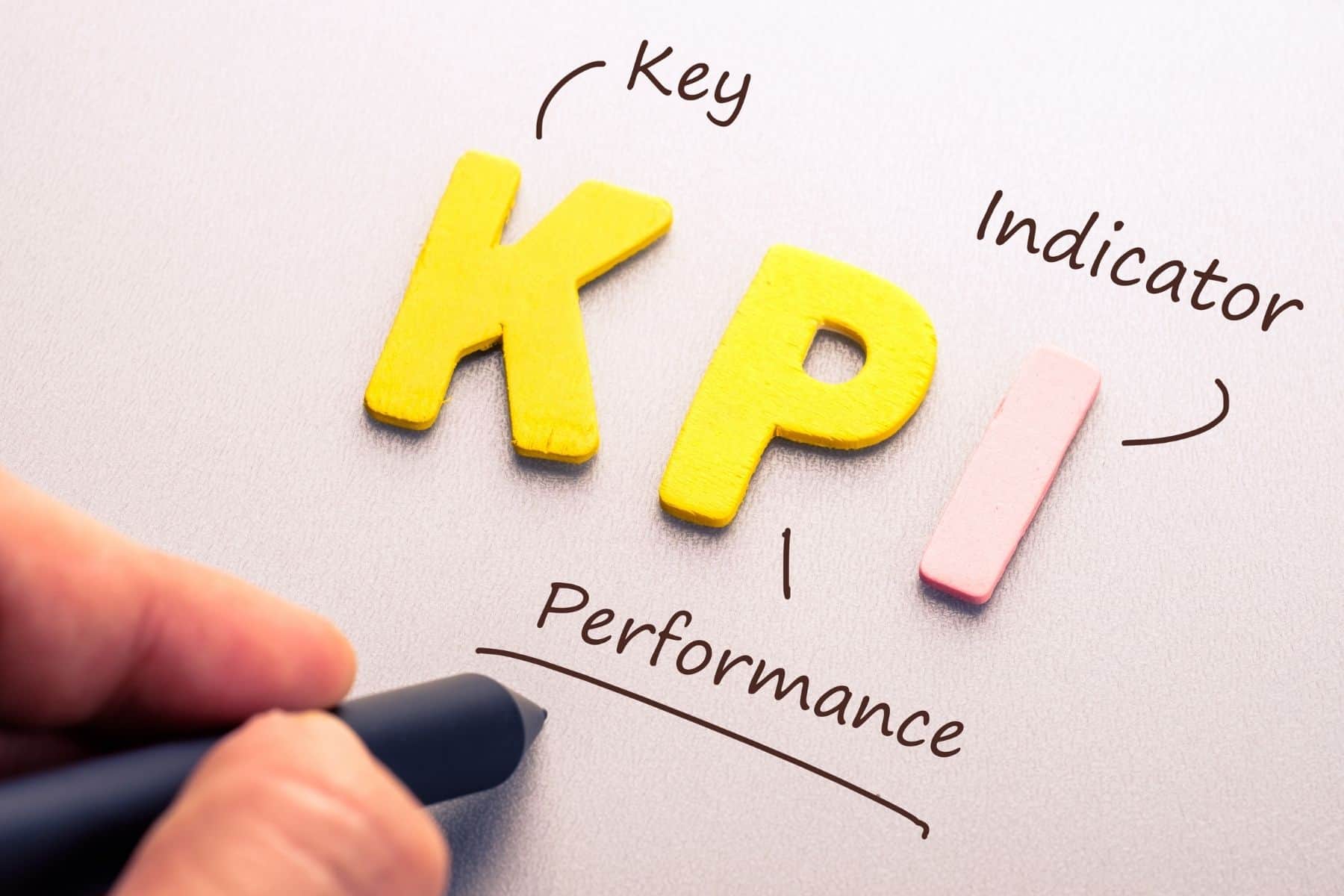
What are SMART KPIs and How Can I Apply Them?
by The Alternative Board (UK)
Why can KPIs be a challenge for business owners?
We understand that as a business owner or leader, setting and implementing KPIs can be a daunting task. Choosing the right SMART KPIs that will truly drive your business towards growth and success can be challenging.
.jpg?width=640&height=427&name=christin-hume-Hcfwew744z4-unsplash%20(1).jpg)
But don't worry, we've got you covered! We have compiled a user-friendly guide on SMART KPIs and how to apply them to your business.
The Definition of KPIs Broken Down
KPI stands for key performance indicator, and KPIs are used in business as a performance measurement that provides insights into crucial metrics of a business.
Taken from our book, Timeless Principles of Exceptional Businesses, here’s a breakdown of the term KPI:
- Key: The element of gaining a competitive advantage or a make-or-break component to success or failure.
- Performance: Measurable, quantifiable, and easily influenced by individual behaviour.
- Indicator: Information on past, present, or future performance.
The right KPIs provide a clear understanding of how a business is progressing or is expected to perform in the future. The best KPIs are SMART – Specific, Measurable, Attainable, Relevant and Time-Bound. Here are a few examples of SMART KPIs:
- To have 95% of orders delivered to customers on time every week.
- Achieve a gross profit margin of 35% or above every quarter.
- Publish five articles in regional or national press every quarter.
KPIs can be leading and lagging. The difference is that a leading indicator reflects where you’re likely to get to in the future, whereas a lagging KPI measures only what you have already achieved. For example, tracking sales numbers and costs that have already happened would be lagging KPIs, but tracking the number of enquiries that could lead to sales would be a leading KPI. The latter would be a much more effective KPI to track, as you can then take action to make a difference in the outcome.
What’s the first step to setting SMART KPIs?
Firstly, you need to make sure you have a clear company vision. Knowing where you want your business to go will give you clarity on what metrics you want to track. No “standard” KPIs apply to every business, so it's important to understand what you’re trying to evaluate. Follow our guide on writing a good company vision to help with this step.
Tactics for Setting the Right SMART KPIs
Don’t Set Too Many KPIs
Too many KPIs will get overwhelming and take focus away from critical ones. Therefore, start by setting a few and see how you and your team get on with tracking them before adding more. If you find that you’re tracking a KPI that adds no value, get rid of it.
Use Past Data
To make sure your KPIs are realistic (the ‘r’ in SMART), use past data to set them rather than plucking numbers from the air. For example, for a sales KPI, have a look at your sales funnel: how many enquiries are usually required to generate one sale? Use that number as a basis for improvement so your KPIs aren’t too easy or too ambitious.
Ensure KPI Measurement
There’s no point in setting a KPI for a metric that isn’t easily measured. Therefore, work with your team to understand how easily the relevant data can be analysed before setting a KPI.
Get Your Team Involved
Don’t set your KPIs alone. By asking your team for their input, you are more likely to create SMART KPIs that are useful and achievable. After all, if those doing the ‘work’ to meet these targets help set them, your chances of getting the right ones massively increase.
Test your KPIs
Of course, tracking and monitoring KPIs on a regular basis is important, which we’ll go on to, however, if after a few months, you find you are not looking at the measurement of a particular KPI or it makes no difference to your business goals, it’s probably not the right KPI. So be mindful of this going forward.
Tactics for Applying Your SMART KPIs
Now you’ve set your KPIs, how do you apply them and use them effectively?
Measure regularly
We recommend that you regularly review your KPIs at least monthly. Make sure to assess how close you are to your targets and take action on anything that needs to be done to meet them. There will always be a temptation to let the KPIs drift, so be diligent in measuring them on a regular basis. Also, don’t be afraid to change the ones that aren’t working for you and your business. As we mentioned before, if you’re measuring a KPI and it doesn’t add value, stop tracking it.
Using platforms such as our Business Builder’s Blueprint makes measuring your KPIs much easier and more efficient.
Include in Performance Reviews
By assigning KPIs to key members of staff, you can include them in their performance reviews. This means KPIs are a key part of their role and can have an influence on bonuses and promotions, depending on your business structure. By applying SMART KPIs in this way, staff can contribute towards them with a vested interest in making them work.
Remind Your Staff
In a similar way, it’s important to remind your staff of your KPIs and your current performance against them. Try and talk about them for 10 minutes on a regular basis to keep building the habit that your SMART KPIs are a key driver towards your business success.
The KPI Process Has to Be Led from The Top
Like most things in your business, KPIs start and end with you as the business leader. If you embrace them with commitment and get past the early stages of implementation, you should be well on your way to setting effective SMART KPIs. To help further, though, have a read of this e-chapter from our book, Timeless Principles of Exceptional Businesses: ‘Business by the Numbers: Managing Your Business Using Key Performance Indicators.’
More on the subject of KPIs
Related articles

Leading and Lagging KPIs: What They Are and Why They Matter for Your Business
What are leading and lagging KPIs? Understand their differences and why both are essential for tracking, predicting, and improving business performance.





